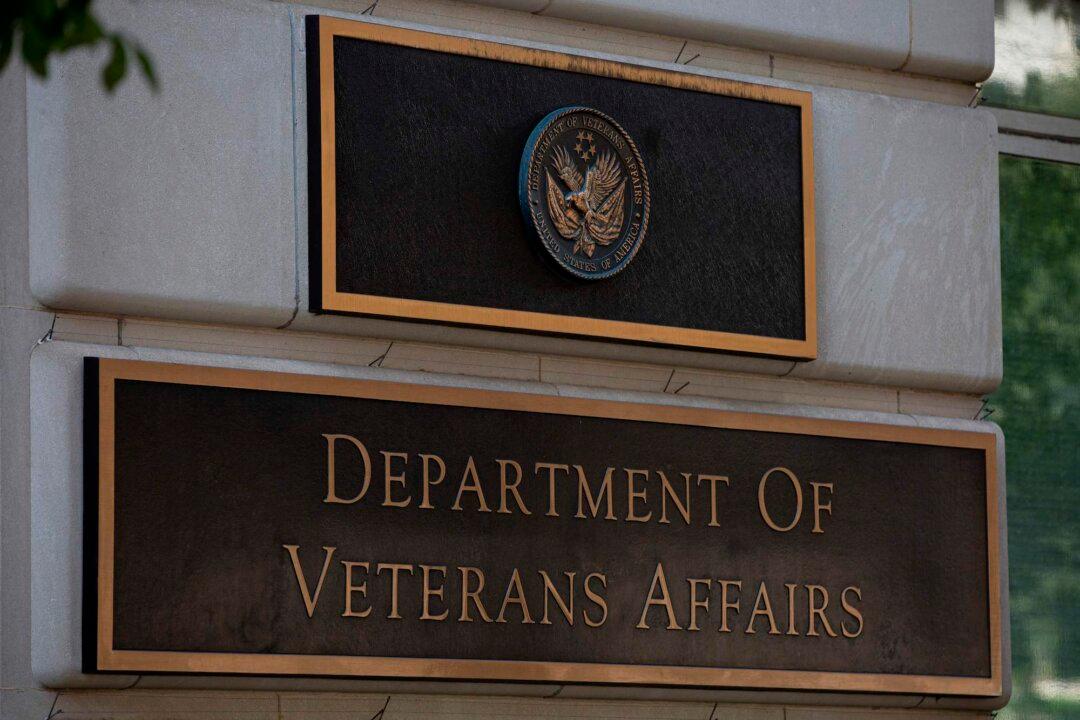A Texas nurse sued the U.S. Department of Veterans Affairs (VA) on Wednesday over a new abortion rule, alleging it violates the law and her religious beliefs.
First Liberty Institute, a conservative legal firm, filed the lawsuit in the U.S. District Court for the Western District of Texas on behalf of nurse Stephanie Carter, who works at the Olin E. Teague Veterans’ Center in Temple.





